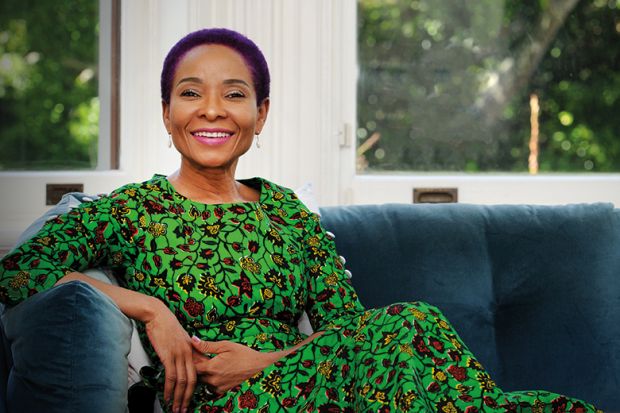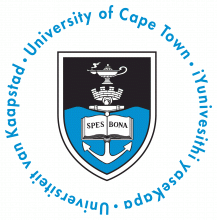Mamokgethi Phakeng has lashed out at the “opponents of change” who forced her ousting from the University of Cape Town (UCT) vice-chancellorship, but insisted: “Anyone with half a brain would know that I’m leaving the university better than when I found it.”
Re-appointed to a second term by a resounding margin less than a year ago, Professor Phakeng took early retirement this month amid a long-running governance investigation, as-yet unresolved allegations of bullying, student protests and staff unrest over pay.
Mounting tumult at UCT led Professor Phakeng’s critics to question whether she was up to the job. But she said her departure was simply a sign that the minority who voted against her re-election – the “establishment and opponents of change” – had achieved their goal.
“Any leader who does something will have detractors, and the more powerful things you do, the more change you come with, the more powerful the detractors,” she said.
“I don’t spend time trying to rack my brain as to why people hate me or write things about me.
“There are way more exciting and impactful things that I have to do, and I wouldn’t have been able to do this job if I focused on the haters.”
Professor Phakeng did, however, admit that running UCT had taken a toll on her mental health, which she cited as one of the reasons for her departure.
Professor Phakeng, formerly vice-principal of research and innovation at the University of South Africa, insisted that bullying allegations against her were false, and blamed local media for taking her social media posts – including one of her holding a rifle – out of context.
She said she would be absolved by an ongoing investigation into allegations that she misled the UCT council over the departure of her deputy, Lis Lange, and said that the probe should continue.
But Professor Phakeng added that, as a “change-maker”, she would have wanted another challenge before the end of her next term and might have left a year from now anyway.
Some of Professor Phakeng’s supporters have tied criticism of her to her race, but she said that it was her “intersectionality” and colourful personality that led to the attacks.
“It’s easy to get a black African woman who just keeps the ship running and toes the line,” she said.
“It’s very difficult to get a small black African woman with kinky hair, who’s a top scholar in her field, coming with the transformation agenda and not scared to hold white, Indian and black men accountable.
“If I came in and smiled, I cut ribbons, they took pictures, it would have been fine – they would have loved me.”
Professor Phakeng said she hoped that her transformation agenda – focused on making UCT reflective of South Africa’s demographic profile and building a more inclusive campus environment – would not be curtailed by her exit.
“I hope that the people who are driving transformation are given the opportunity to lead that transformation – that they are not victimised, that they are not dragged out of the university,” she said.
“It was not easy, but I hope that they take courage from my journey and build more leaders and continue driving that transformation.”
POSTSCRIPT:
Print headline: Phakeng: ‘Opponents of change’ hoped I would ‘just cut ribbons’
Register to continue
Why register?
- Registration is free and only takes a moment
- Once registered, you can read 3 articles a month
- Sign up for our newsletter
Subscribe
Or subscribe for unlimited access to:
- Unlimited access to news, views, insights & reviews
- Digital editions
- Digital access to THE’s university and college rankings analysis
Already registered or a current subscriber? Login









